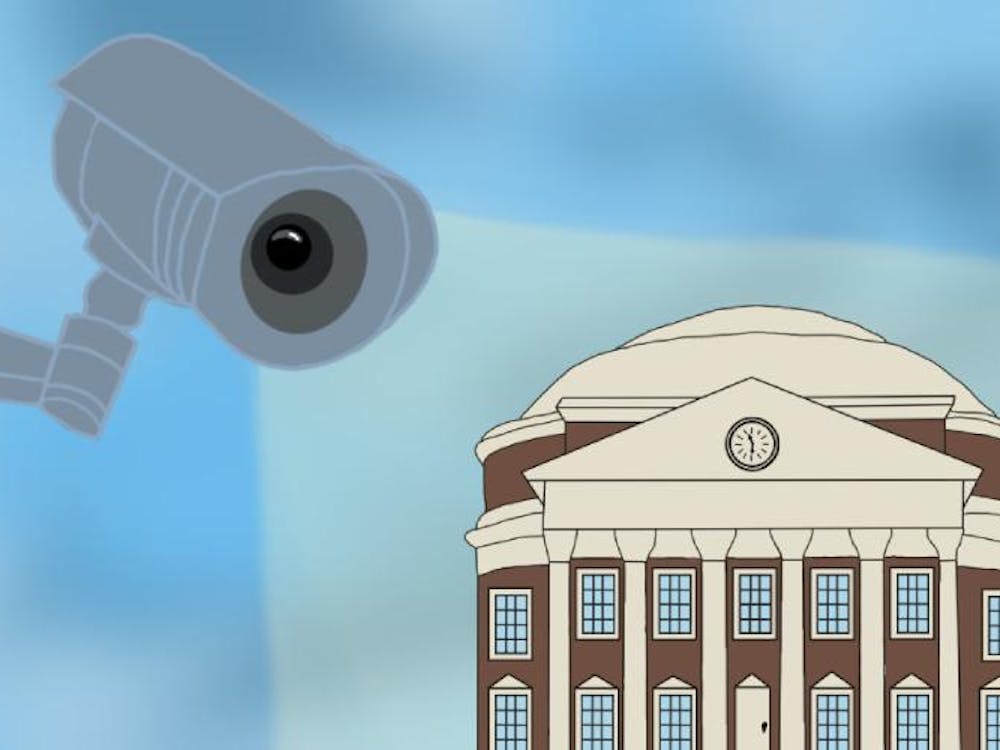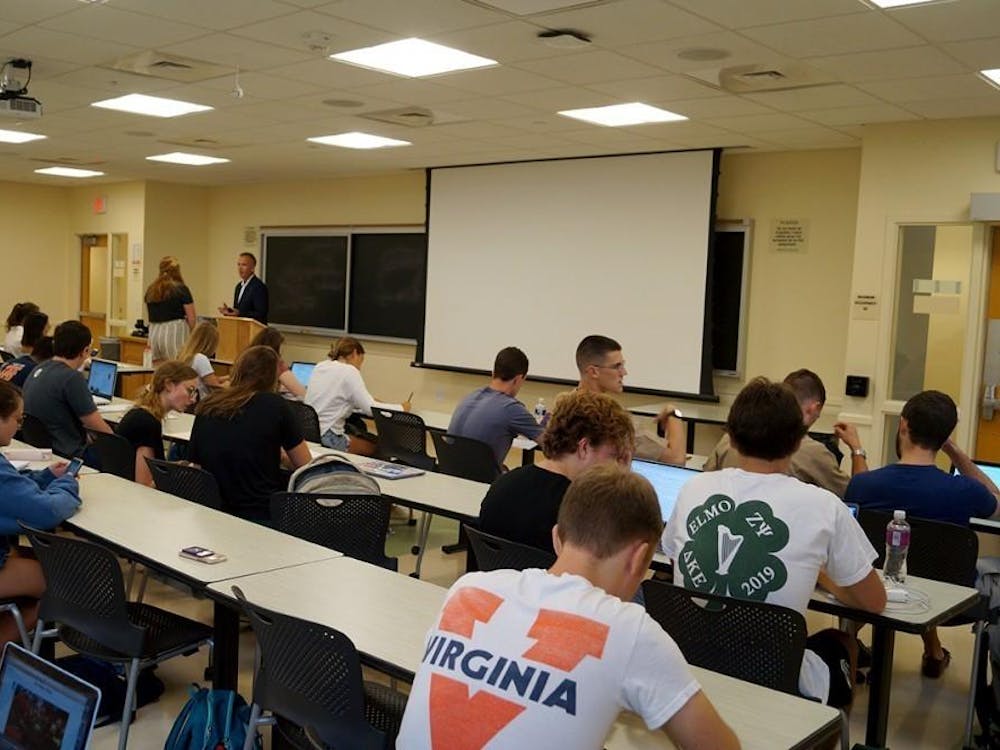On Feb. 18, The New York Times published an article reporting attempts by legislators in 10 states to pass bills that would legalize carrying guns on campus as a measure to reduce instances of sexual assault. Five days later, The Cavalier Daily’s Managing Board issued a response in which it vehemently refuted the notion that firearms would increase safety on campus; this argument was in line with a previous article in which the Board congratulated the Virginia senate for striking down a bill that would allow concealed carry on college campuses.
The Managing Board’s stance was controversial — as could be seen in the comments on their pieces. One commentator wrote, “I think people should have the right. . . to defend themselves. . . even if some people have a distaste for firearms or the second amendment.”
Students and faculty are statutorily prohibited from carrying weapons on Grounds, and though most students at the University are unlikely to be packing heat at any given moment, almost 75 percent of Americans believe handguns — which exclusively target other human beings — should be widely allowed. In this assertion there is the persistent and increasingly arcane notion of frontiersman-like independence. Other commenters point out that, regardless of the passage of open carry bills, “criminals” — presumably people inclined to commit sexual assault — do not follow the law anyway, and so, would they desire to wield a weapon, would simply do so. In their argument, more people should have guns in order to defend themselves against violent violators of the law, because the law itself does nothing.
Reality does not reflect this clean binary between “criminals” and the law-abiding; you are more likely to be harmed by someone you know, and whom you would probably not identify as a “criminal.” Sixty-two percent of Americans think having a gun in the home makes it safer, yet only about a third of Americans own guns. However, the United States still has the highest rate of civilian-owned guns in the world, which correlates to the most firearm related homicides among developed nations.
Gun owners are also more likely to identify as “typical Americans.” Why? Denizens of the United States can assert a host of positive national characteristics: relatively high ethnic diversity, increasing innovation and investment in sustainable energy (particularly wind and solar power), comparatively transparent government. Yet, for many, to be a “typical American” means to own a device singularly designed to harm others. To be a typical American is to affirm a manifest distrust in institutional means of individual safety, namely the law and those hired to enforce it; skepticism over police conduct is growing, particularly in regard to treatment of ethnic minorities.
The “typical American” exists outside of time, embodying a radical, Wild West individualism that plays a prominent role in the legend of the origin of the American state. Hardy and defiant, the typical American values freedom above all else, particularly freedom from social ties and obligations. This manifest destiny freedom is incongruent with participating in a social world, and guns serve as its physical manifestation of this freedom: touting gun ownership as the ultimate means for personal defense betrays a certain cultural defensiveness, by which we eschew aid from our community or our government and take matters — firearms — into our own hands. This locked-and-loaded liberty only serves to insulate Americans from each other, prompting a-social distance and lack of empathy. Excessive individualism is a contributing factor for pervasive loneliness and an atmosphere of public distrust, both of which play a role in the prevalence of mass shootings in the United States: between the Newtown massacre in Dec. 2012 and June 2014, there were 74 shootings on or near schools.
All human beings are capable of violence. Yet this Hobbesian reflex is checked by “informal social controls,” or interpersonal and community relationships. In the United States, far more so than in other industrialized countries with high rates of gun ownership — such as Switzerland, Germany or Finland — it is easy, and some would even say crucial, to be alone. Here, you pull yourself up by the bootstraps; you don’t ask for help. This culture of hyper-individualism perpetuates skewed notions about mental illness, particularly depression — which is catalyzed and exacerbated by loneliness — and makes it less likely that those affected will seek treatment. However, mental illness is not the source of gun violence in the United States, as “fewer than 5 percent of the 120,000 gun-related killings in the United States between 2001 and 2010 were perpetrated by people diagnosed with mental illness.”
Alienation, however, might be. Violent crime with guns both perpetuates and is a product of our notion of the “typical American.” It allows us to be reflexively and lethally antagonistic, at the expense of cohesion and in the face of deteriorating social trust.
Tamar Ziff is a Viewpoint writer.






